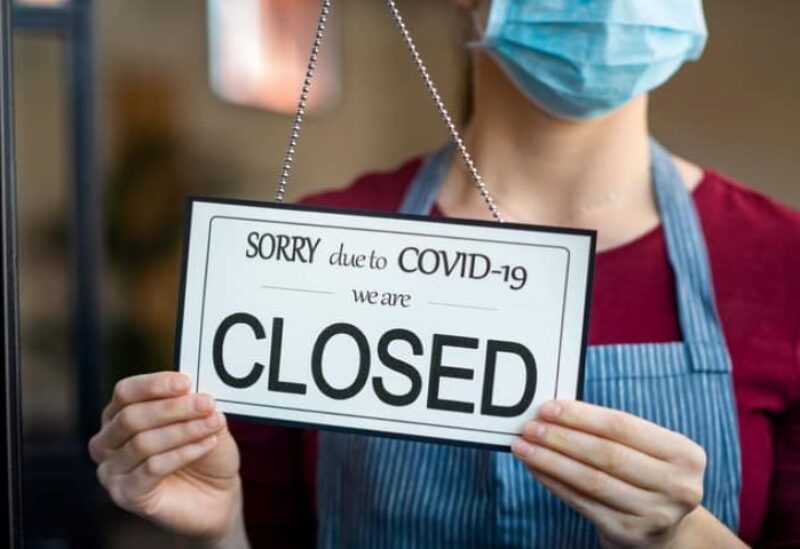
Companies have closed and furloughed their employees due to Covid-19
The UK government has asked employers to make bigger contribution to wage support scheme, and to wound down furlough from Sunday.
An estimated 1.3 million people were on the furlough scheme at the beginning of July, down from a peak of 5.1 million at the height of lockdown in January.
The scheme has been extended several times but will end on 30 September.
It is credited with stopping a spike in unemployment and some fear jobs will be lost when it ends.
The scheme, drawn up after lengthy talks with business groups and union leaders, has cost taxpayers almost $70 billion to date, arousing fears taxes will have to rise to pay for it.
Under the Coronavirus Job Retention Scheme (CJRS), known as furlough, staff receive 80 percent of their current salary, capped at $3,500 per month.
Lucy Walker-Evans from Chepstow was working as an account manager for a global hotel chain when she was put on furlough in March last year.
The 45-year-old spent the next nine months on paid leave, a time she found harrowing at first.
“It felt like you were skiving off work, you kept waiting for the phone to ring, constantly felt guilty,” she told the BBC.
“There was lots of crying, lots of worry, lots of uncertainty.”
In January she was made redundant, but the time off had given her a chance to take stock.
She realized she wanted a less stressful job and to work in charity, and by February she had managed to find a role working at a local shelter for young homeless people – a job she loves.
“If had I not been furloughed I would never have had time to think about my career, so it was a transformational experience really,” she told the BBC.
“I also had a year to learn to live on a lower salary – you realise you don’t always need to chase the next pay rise.”
The government has largely footed the bill for furloughed workers, but since 1 July employers have been asked to contribute 10% towards the wages of furloughed workers for hours their staff do not work.
That amount will rise to to 20% in August and September.
It will make the scheme less appealing to employers, although firms are relying on it less as the economy reopens.